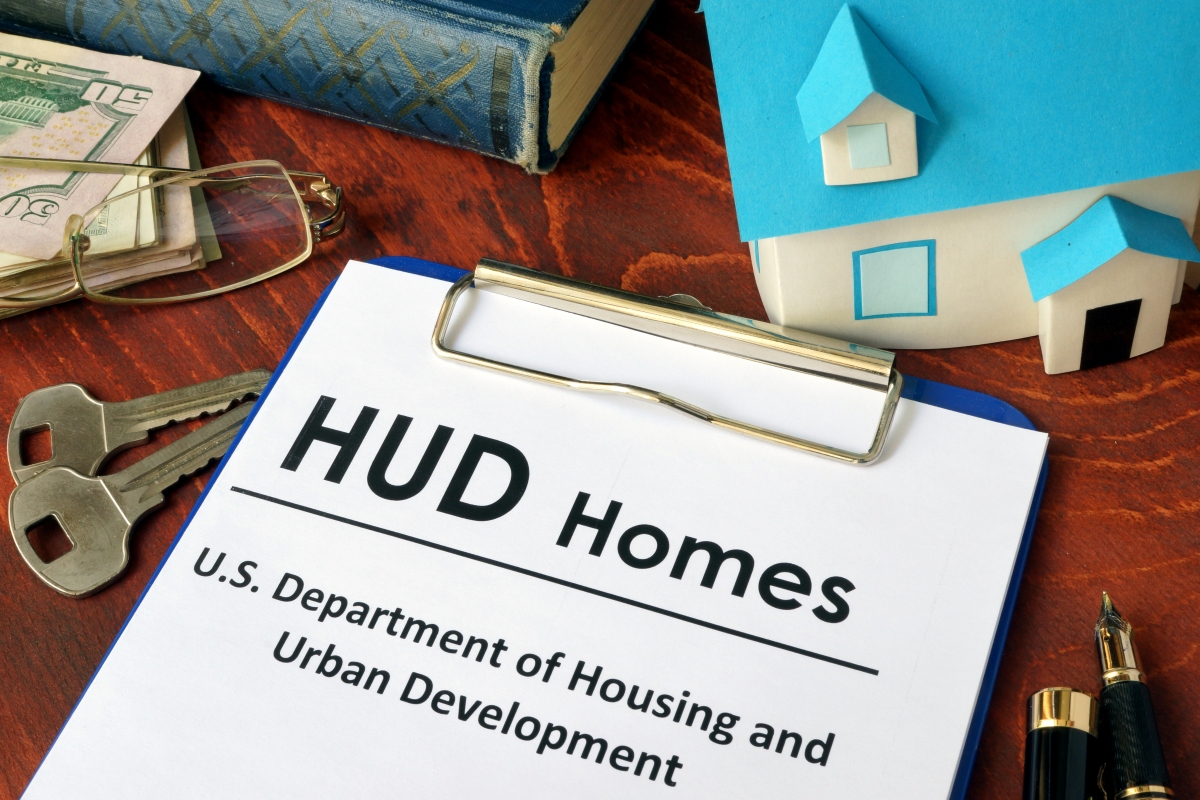What just happened? The charges, stemming from a complaint originally filed on August 13, 2018, allege that the social network discriminates based on color, race, religion, national origin, familial status, sex and disability by putting restrictions in place on who can view housing-related ads on the platform. HUD further claims that Facebook uses data mining practices to govern these restrictions.

The Department of Housing and Urban Development (HUD) on Thursday filed charges against Facebook for violating the Fair Housing Act by “encouraging, enabling and causing housing discrimination” through its advertising platform.
Specifically, HUD alleges Facebook allowed advertisers to exclude people that the social network classified as parents, non-American-born, non-Christian, interested in accessibility, interested in Hispanic culture and a variety of other interests. Furthermore, the charge alleges Facebook allowed advertisers to exclude people based on the neighborhood they live in by “drawing a red line around those neighborhoods on a map” and giving advertisers the ability to show ads only to men or only to women.

HUD Secretary Ben Carson said using a computer to limit a person’s housing choices can be just as discriminatory as slamming a door in someone’s face.
The Fair Housing Act prohibits discrimination in housing and in housing-related services such as online advertisements based on race, color, national origin, religion, sex, disability or familial status.
A spokesperson for Facebook told Axios that they were surprised by HUD’s decision as they’ve been working with them to address their concerns and have taken significant steps to prevent ads discrimination. “We're disappointed by today’s developments, but we’ll continue working with civil rights experts on these issues,” the spokesperson added.
Lead image courtesy designer491 via Shutterstock. Second image courtesy Carlos andre Santos via Shutterstock
https://www.techspot.com/news/79406-hud-files-charges-against-facebook-over-alleged-ad.html